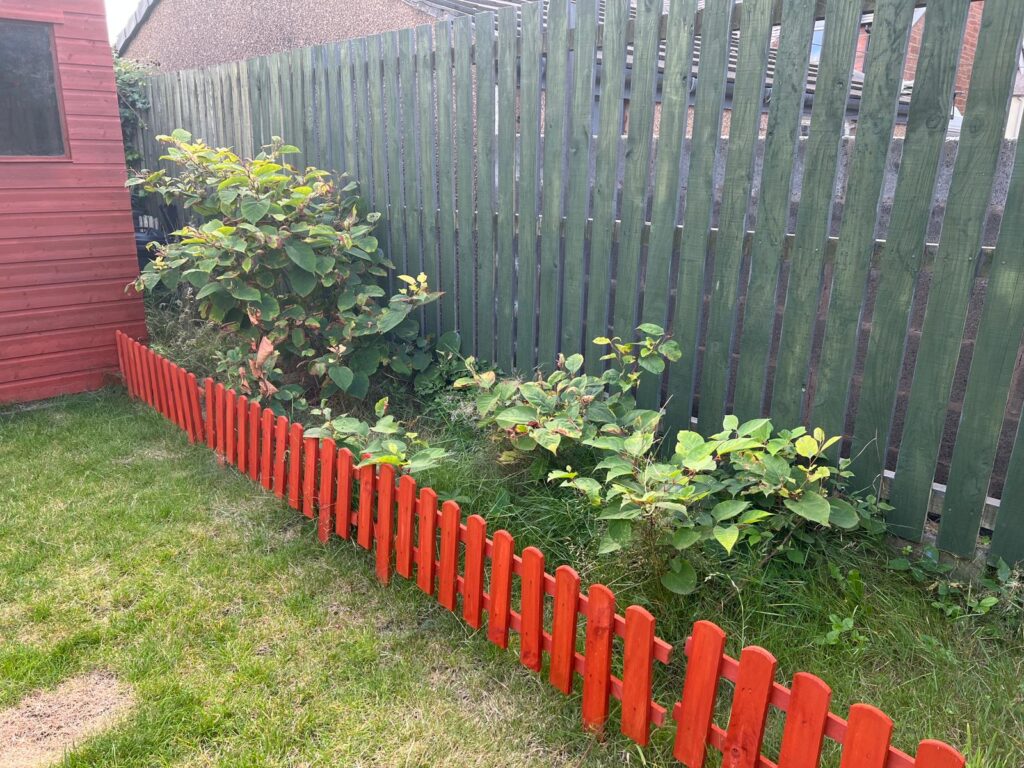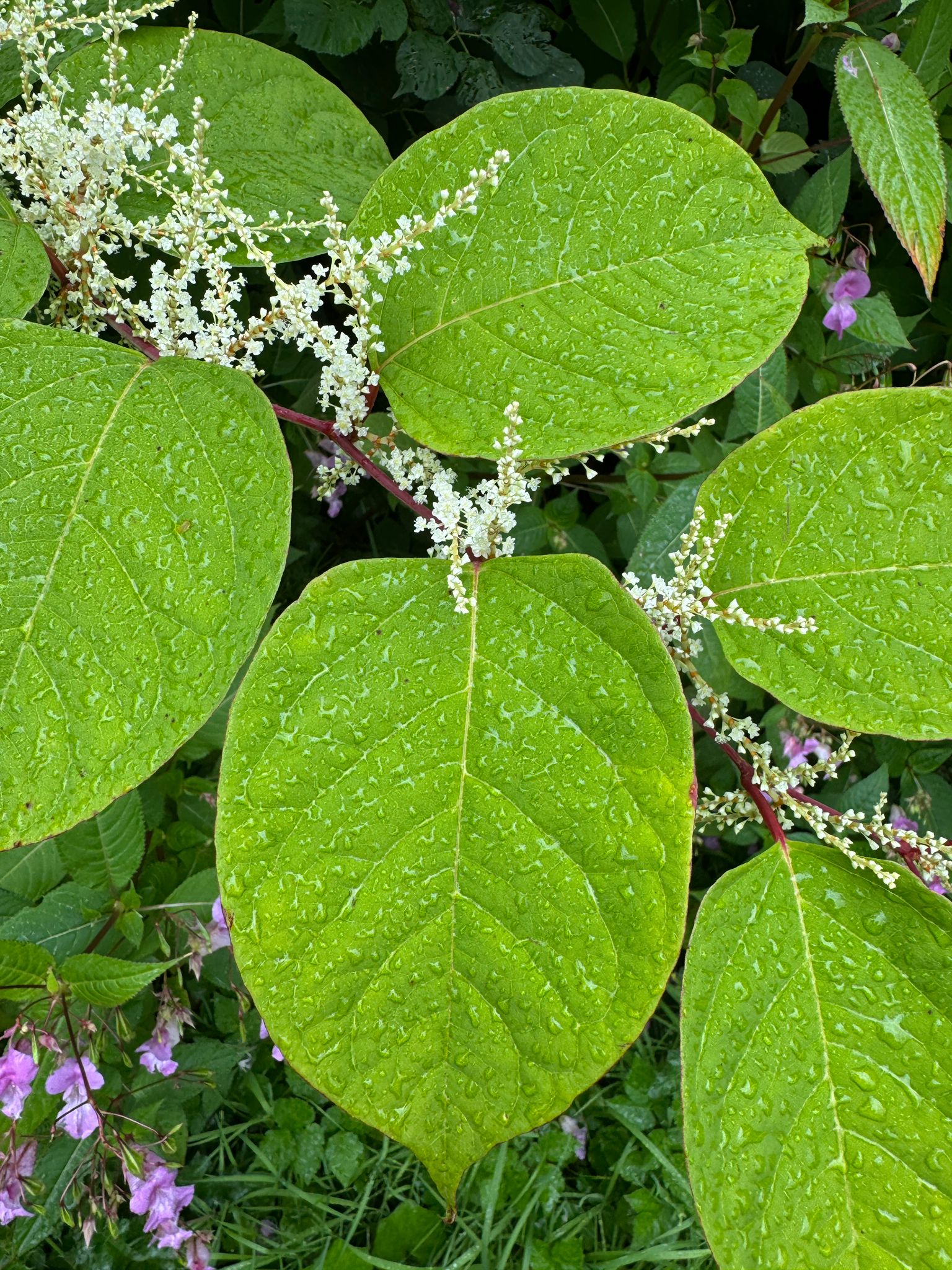26/05/2023
Selling a house can be a complex process, and when unexpected obstacles arise, it can become even more challenging. One such obstacle that you may encounter is the presence of Japanese Knotweed.
There are many things to consider when dealing with Japanese Knotweed, including how to manage this invasive species if it affects your own land, or that of your neighbour.
Below, we’ll answer some of the most common questions we encounter when dealing with Japanese Knotweed and the real estate industry.
In an attempt to resolve Japanese Knotweed related disputes more and more people are taking the legal action through civil claims.
Legislation such as the Wildlife and Natural Environment (Scotland) Act states that it is an offence to intentionally plant Japanese Knotweed, or any invasive species, out with its native range. In some cases individuals may wind up in court because they have allowed knotweed to spread across their boundary onto their neighbours land.
Failure to deal with spreading knotweed can result in court penalties including the loss of value of a property and remediation costs and associated legal fees.
Your neighbour having Japanese Knotweed won’t stop you from selling your house, but it’s definitely something to keep in mind as it may spread on to your property in the future.
We’d always recommend having a conversation with the neighbouring landowner. Make sure that they’re aware of the issue and the potential implications that Japanese Knotweed can have on their land.
The first and most important piece of advice we give is – don’t touch it, cut it, try to dig it up or attempt to spray chemicals on the Knotweed. We always recommend that a Japanese Knotweed survey is completed as soon as possible to confirm identification and avoid any potential for inadvertent spread, potentially making the problem worse.
There is no legal requirement for a land owner to remove it in the UK if it’s on their property, however Japanese Knotweed is covered within the Antisocial Behaviour, Crime & Policing Act 2014. This means that local authorities have a duty to issue a Community Protection Notice (CPN) to those who aren’t taking reasonable action to prevent the spread of Japanese Knotweed onto neighbouring lands.
At a national level, The National Infrastructure Act 2015 also gives powers to Environmental Authorities to control Japanese Knotweed where enforcement is required.
Japanese Knotweed in Scotland is also subject to The Scottish Government’s ‘’Non-Native Species Code of Practice‘, which outlines a voluntary Species Control Agreement (SPA) which can be entered into in order to manage Japanese Knotweed that has spread across boundaries.
If the offending land owner has not signed up for, or failed to comply with an SPA, a Species Control Order (SPO) can be enforced.

Read our guide on buying a house with Japanese Knotweed on the property and how this might affect you.

Get the latest advice, solutions, and insights to protect your property from invasive Japanese Knotweed.
We can confirm if you have Japanese Knotweed on your property and recommend the best course of action.